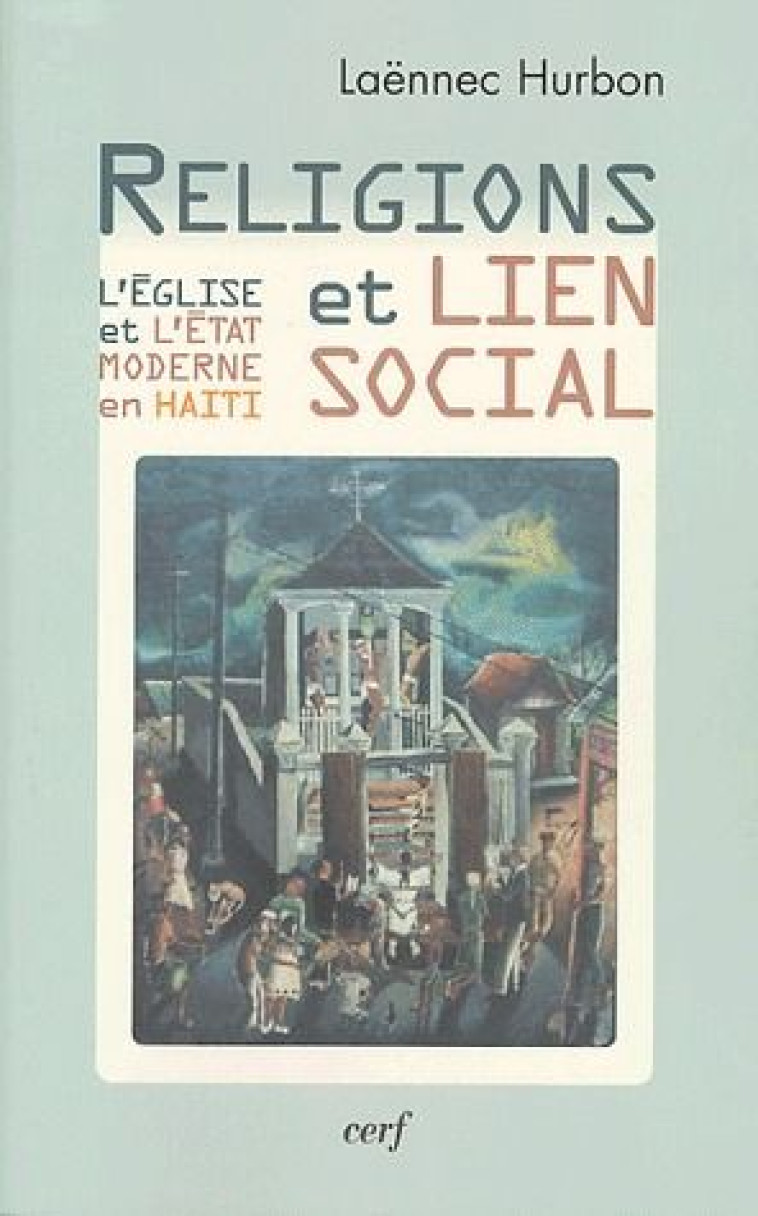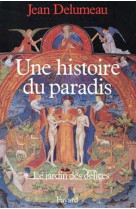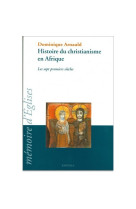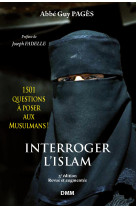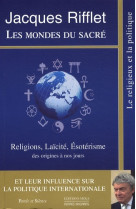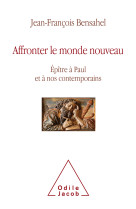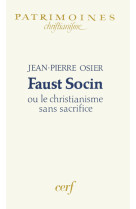--
What sort of State emerged after the struggle for independence fought by the rebellious slaves of San-Domingo between 1791 and 1804? What was the role of the Catholic Church in the construction and the subsequent evolution of that State? What transformations have taken place within the Church, in the context of the eventful struggle for democracy that began in 1986? Thanks to in-depth investigations carried out in the region over a period of several years as well as research that combines history with sociology and political philosophy, Laënnec Hurbon casts light on the role played in the constitution of the social corps by the religions competing in Haiti since the Conquest and the period of slavery (Catholicism, Protestantism and Voodoo). This research shows that a secular State is an unconditional prerequisite for the establishment of a democratic system. By helping us to understand the theological-political crisis that Haiti is still going through today, this book provides a solid basis to help understand the sources of the anarcho-populist regime constructed in Haiti around ‘the family', modelled on the ‘Cosa nostra'.

